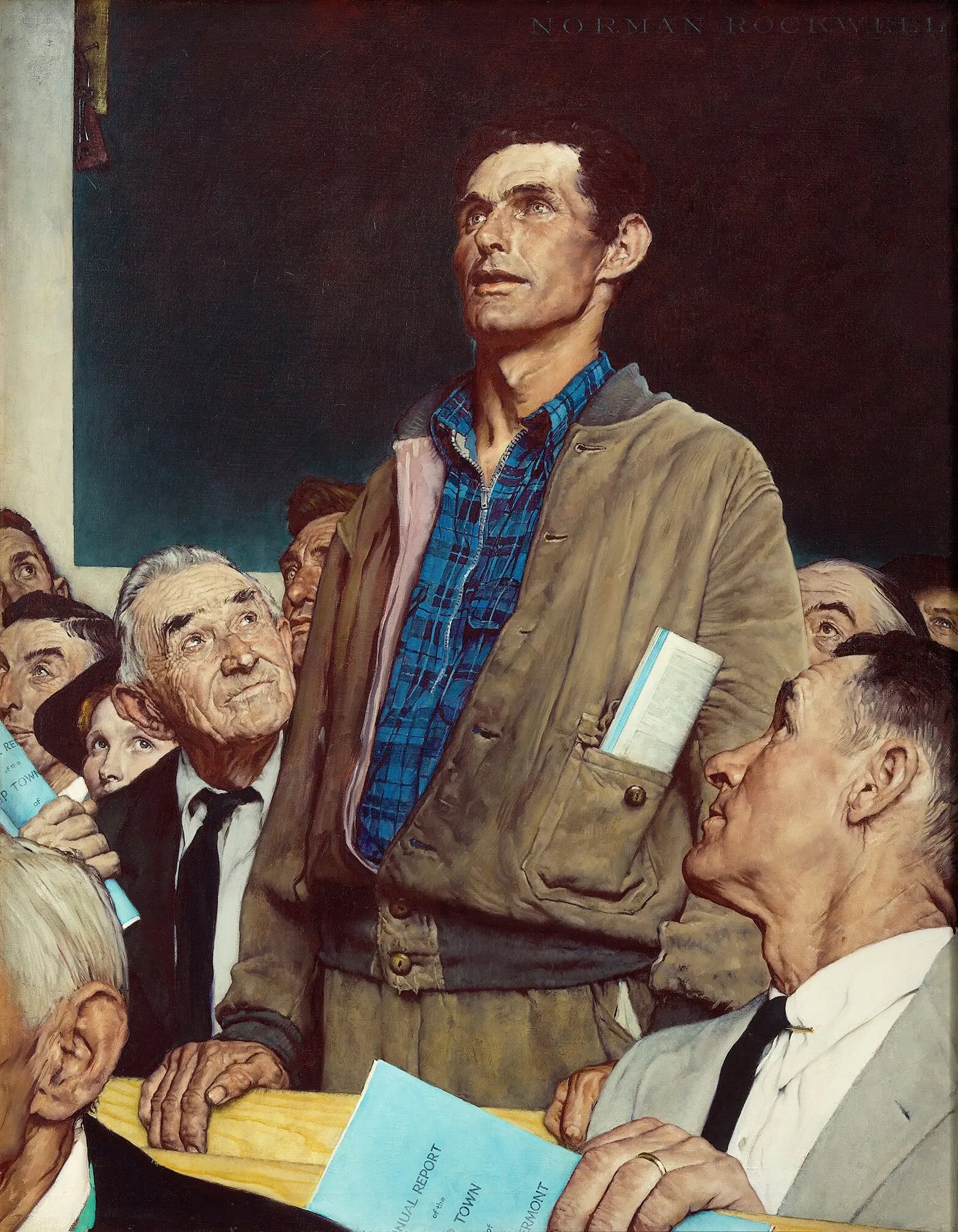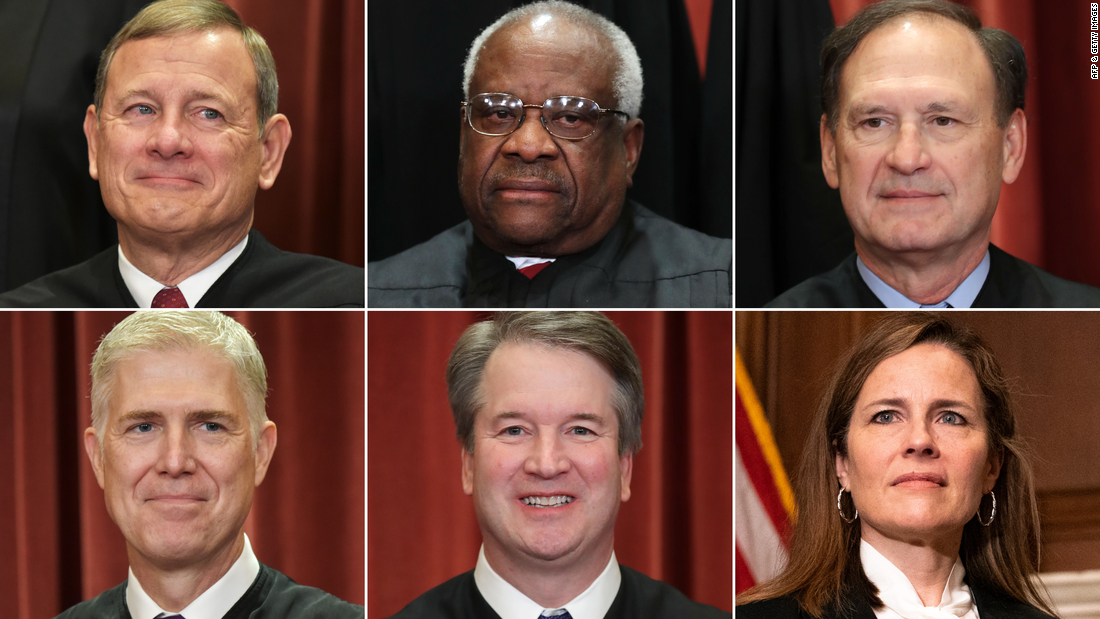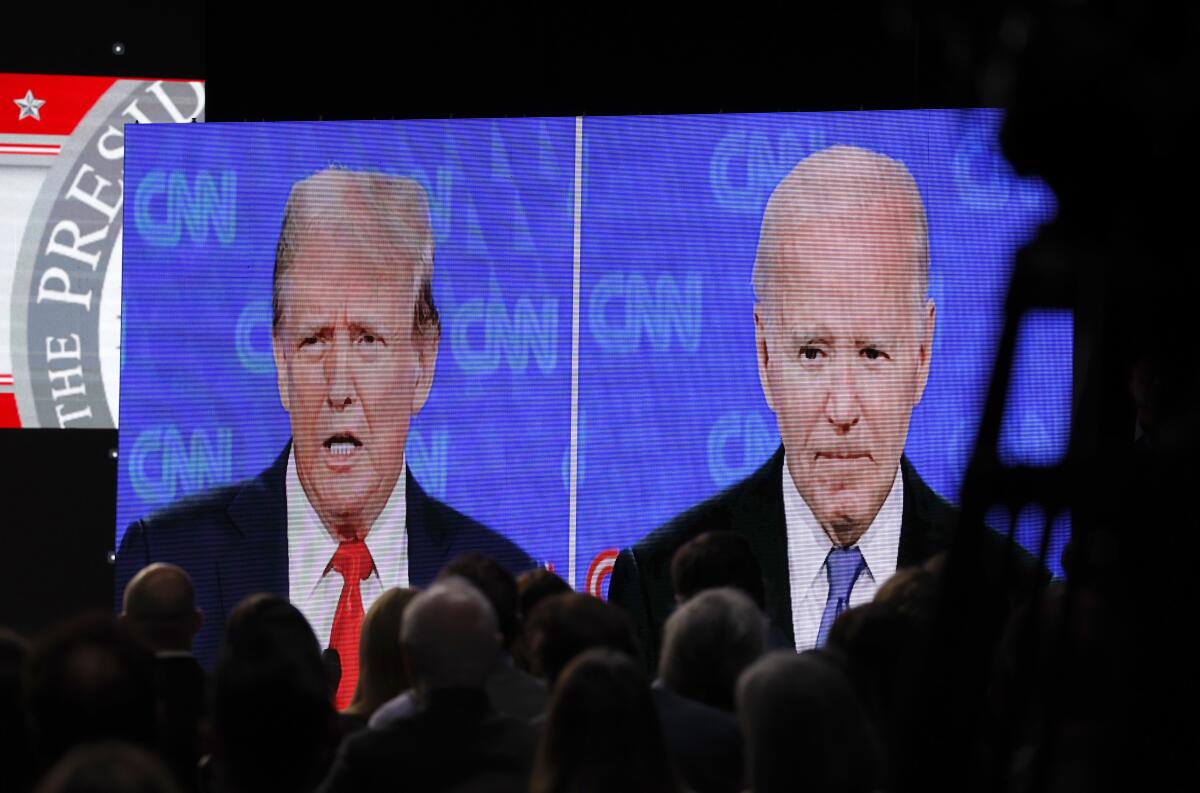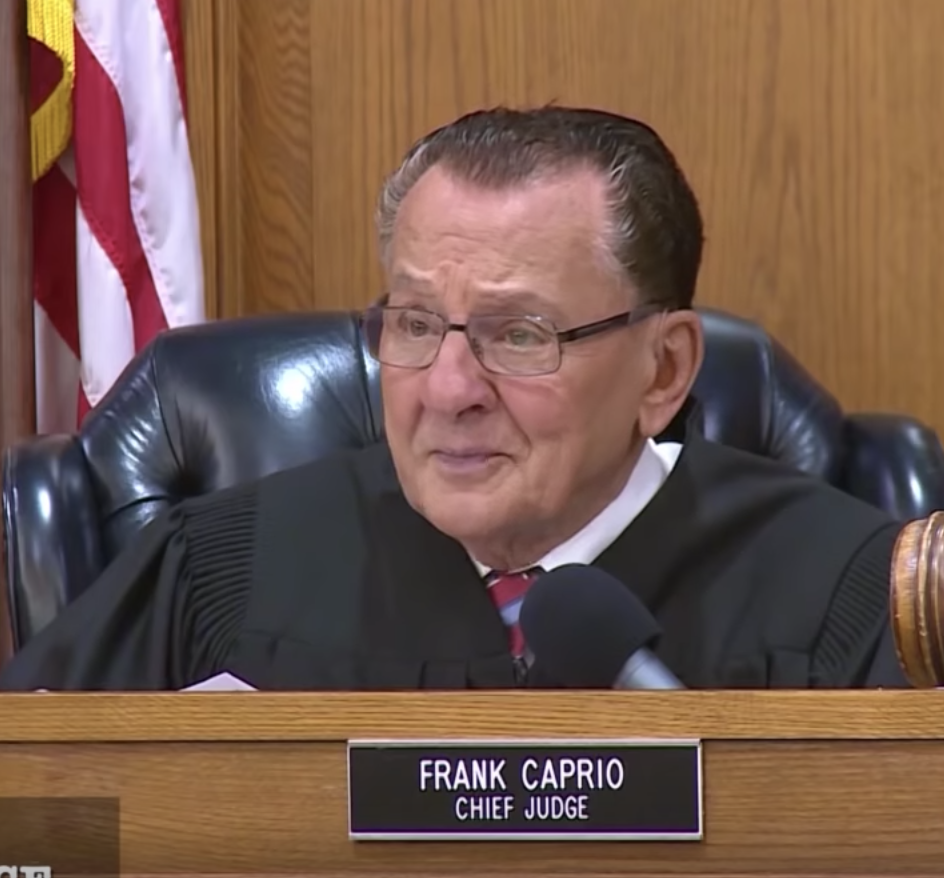
Imagine that you’re the black parent of a 9th grade student opening a textbook on United States History and read that the slave trade is referenced as the “Atlantic Triangular Trade.”
How about this one: that same parent is helping his son study for a history final and read that during the era of segregation only “sometimes” were schools for black children “lower in quality,” or that the concept of American democracy was really inspired by Moses and Solomon.
Well, all those ideas and more have been proposed and are being considered for new textbooks in the state of Texas. Welcome to the Texas version of the Scopes Evolution Trial – where high-school teacher Thomas Scopes was placed on trial in Tennessee for teaching Darwin’s Theory of Evolution.
Writing for The Washington Post (Sept. 12), Valerie Strauss observes, “Back in 2010, we had an uproar over proposed changes to social studies standards by religious conservatives on the State Board of Education, which included a bid to calling the United States’ hideous slave trade history as the ‘Atlantic triangular trade.’ There were other doozies, too,” Strauss points out, too, “such as one proposal to remove Thomas Jefferson from the Enlightenment curriculum and replace him with John Calvin. Some were changed but the board’s approved standards were roundly criticized as distorted history.”
The potential textbooks for Texas were reviewed by 10 scholars:
– Dr. Edward Countryman, University Distinguished Professor in the William B. Clements Department of History at SMU.
– Dr. David R. Brockman, adjunct instructor in Religious Studies, Dedman College of Humanities and Sciences, at SMU as well as at Brite Divinity School in Fort Worth.
– Dr. Emile Lester, associate professor in the Department of Political Science and International Affairs at the University of Mary Washington.
– Seven doctoral students in the Department of History at UT-Austin.
Among their findings:
– “Two government textbooks include misleading information that undermines the Constitutional concept of the separation of church and state.
– “Several world geography and history textbooks suffer from an incomplete – and often inaccurate – account of religions other than Christianity.
– “One government textbook flirts with contemporary Tea Party ideology, particularly regarding the inclusion of anti-taxation and anti-regulation arguments.
– “Elements of the Texas curriculum standards give undue legitimacy to neo-Confederate arguments about ‘states’ rights’ and the legacy of slavery in the South. While most publishers avoid problems with these issues, passages in a few U.S. history and government textbooks give a nod to these misleading arguments.”
Think this is a joke that could never pass the Texas Board of Education, think again.
“In July,” Strauss writes, “the Texas Freedom Network – a watchdog and activist group that monitors far-right issues and organizations – released a review of the various panels of people who had been selected by the Texas Board of Education to review the proposed textbooks.
“It said in part:
“Out of more than 140 individuals appointed to the panels, only three are current faculty members at Texas colleges and universities. TFN has identified more than a dozen other Texas academics — including the chair of the History Department at Southern Methodist University as well as faculty at the University of Texas at Austin — who applied to serve but did not get appointments to the panels.
“But the TFN analysis found that political activists and individuals without social studies degrees or teaching experience got places on the panels. One reviewer, Mark Keough, a Republican nominee for the Texas House District 15 seat, got an appointment to a U.S. History panel after being nominated by SBOE chair Barbara Cargill. Keough, a pastor with degrees in theology, has no teaching experience listed on his application form. Keough recently retired from a career in car sales to run a ministry in Cargill’s hometown of The Woodlands and to run for office.
“In an interview conducted prior to this year’s primary elections, Keough told the Montgomery County Tea Party that he does not ‘believe that there is a separation of church and state in the Constitution.’ ”
The executive summary by scholars points out some serious factual errors, among them:
“A number of government and world history textbooks exaggerate Judeo-Christian influence on the nation’s founding and Western political tradition.”
Taken from McGraw-Hill School Education – United States Government
“Text mentions Moses and claims that the ‘biblical idea of a covenant, an ancient Jewish term meaning a special kind of agreement between the people and God, influenced the formation of colonial governments and contributed to our constitutional structure.’
What’s Wrong?
“The American Founders did believe in a social contract, but their version of that contract was derived primarily from modern British political thought, and John Locke’s thought in particular. Since Locke’s version of the social contract was in many ways a repudiation of the biblical covenant view referenced in this passage, this passage provides the student with almost the opposite of the historical truth.”
“Two government textbooks include misleading information that undermines the Constitutional concept of the separation of church and state.”
Taken from McGraw-Hill School Education – United States Government
“The text states: ‘Thomas Jefferson once referred to the establishment clause as a “wall of separation between church and state.” That phrase is not used in the Constitution, however.’ ”
What’s Wrong?
“The statement is factually correct, but it could give students the inaccurate impression that Jefferson’s view was personal and lacked significant connection to the First Amendment. The text neglects to mention, for instance, the significant support for the separationist position shared by both Jefferson and James Madison, the Founder with the greatest influence on the drafting of the First Amendment’s religion clauses. The text also neglects to mention reference to Jefferson’s ‘wall’ metaphor in important Supreme Court establishment clause cases, such as Justice Hugo Black’s decision in Everson v. Board of Education, the first Supreme Court case to apply the establishment clause to the states and local government.”
When it comes to historical accuracy, it’s difficult to understand why some people continue to choose a religious text over common, verifiable knowledge (akin to using a history book as the basis of religious authority), but that’s their choice. However, children, who attend public schools, should be permitted to be given education based factual history.
Perhaps trial lawyer Clarence Darrow, in defense of Scopes, said it best, “The world is made up for the most part of morons and natural tyrants, sure of themselves, strong in their own opinions, never doubting anything.”
Comments










